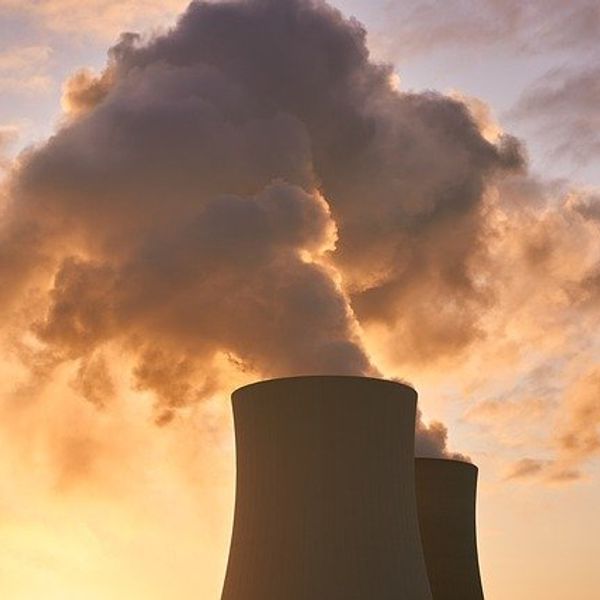PITTSBURGH — Western Pennsylvania could meet ambitious climate goals and save billions of dollars by replacing natural gas with renewable energy sources, according to a new proposal.
The plan, created by Strategen, a clean-energy consulting firm, details how 10 southwestern Pennsylvania counties can transition to clean energy, which would put the region on track to meet the International Panel on Climate Change goals of limiting global warming to 1.5 degrees C by 2050 to avoid the worst effects of severe climate change.
According to the report, western Pennsylvania produces emissions at a rate nearly double the state average, and 72% of the region’s energy is generated from fossil fuels. A transition to renewables would result in a 97% reduction in climate-warming carbon dioxide emissions from the region’s power sector by 2050, creating environmental and health benefits of nearly $4.2 billion annually. The plan is projected to create 12,416 jobs by 2035 and nearly 3,000 additional jobs, for a total of 15,353 by 2050.
The report, which was created on behalf of the Ohio River Valley Institute, a progressive think tank, differs significantly from previous energy transition plans created for the region, all of which rely on continued use of natural gas and require expensive technology like carbon capture to meet emission goals.
“We hope that these findings inform the discussion and help guide the region toward embracing a clean energy transition that promises to greatly benefit Pennsylvanians economically, socially and environmentally — all at a lower cost than doubling down on fossil fuels and expensive investments in carbon capture,” Joe Goodenbery, lead author of the report and senior manager at Strategen, said in a statement.
Sean O’Leary, a senior researcher at the Ohio River Valley Institute, said the organization will spend the next year reaching out to policymakers at the state and local level to share the report and discuss the potential for a clean energy transition as an economic development platform in the region.
Clean energy jobs
The proposal outlines four ways western Pennsylvania can transition away from its reliance on fossil fuels: Developing local clean energy resources, importing clean energy from the existing energy market, investing in energy efficiency and electrifying buildings and transportation.
It also promises to create more jobs and economic prosperity than the fossil fuel industry. Much of the job creation in the plan comes from investing in energy efficiency and electrification — which requires labor to make buildings more energy-efficient and shift heating and energy sources from natural gas to electricity, including door and window replacements, the installment of new insulation and replacing heat and ventilation systems in buildings and homes.
A previous report by the Ohio River Valley Institute detailed how the Washington State town of Centralia (not to be confused with the Pennsylvania town of the same name) replaced 300 jobs that were lost when a coal-fired power plant closed with 2,800 jobs related to energy efficiency.
“This should be completely replicable in our region,” Sean O’Leary, a senior researcher at the Ohio River Valley Institute, told EHN. “This plan creates local jobs and results in energy bill savings, which also increases disposable income and leads to greater local economic development.”
“So often these discussions get cast in terms of jobs vs the environment,” he added. “It’s exciting that in this case, what’s best for the environment is also the best local economic policy.”
- Solar power at Pennsylvania schools doubled during the pandemic ›
- Op-ed: In the race for clean energy, the US is both a leader and a laggard —here’s how - EHN ›



























